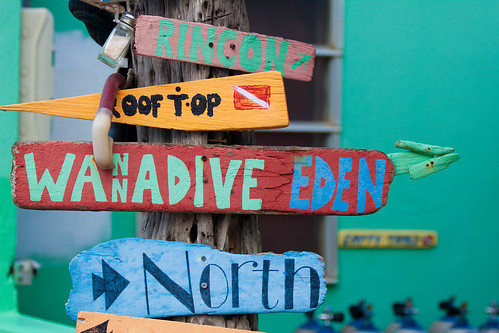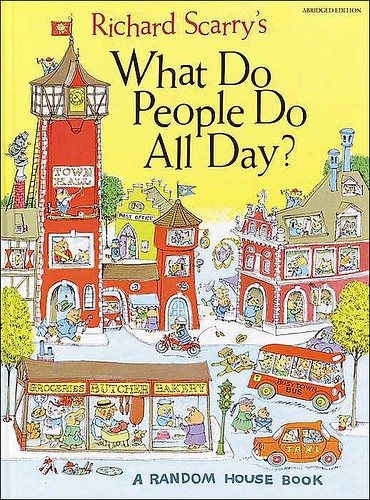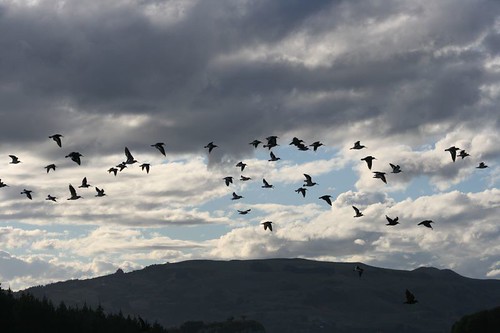Making Stuff Happen
Welcome.
You have been invited to join this new group.
Perhaps it’s a committee or a council, a board or a brains trust.
We can imagine exactly what and why later.
Your role may simply be to offer advice, to a person or organisation.
Then again, it may be to make stuff happen.
That’s why I’m writing this post.
I was thinking about this recently when I heard that HRH the Prince of Wales is to lead a new Campaign for Youth Social Action;
“a strategic, long-term, cross-sector transformation initiative, which will unlock the potential of youth social action across the business, education and voluntary sectors of the UK.”
To use another example, Vince Cable, the Business Secretary, has an Entrepreneurs’ Forum,
“to provide informal and personal advice on new business and enterprise policies.”
I like the idea of new groups coming together, crossing organisations, industries and perhaps even countries.
There’s an excitement which comes with that new blend of characters.
Fresh perspective, energy and experiences. A can-do spirit which wants to prove the pessimists wrong.
And let’s be honest, there are a few pretty massive problems right now which would benefit from some new A-Teams.
So, as as you’re reading this, you may be pondering whether to start one yourself…
Or whether you’d like to join one.
Now imagine you’ve joined.
Today is the day.
The meeting room is filling up, the coffee being poured.
You recognise some guests and not others.
You’re here for a purpose.
But what are you actually going to DO?
If the group you have joined is expected to do more than simply offer advice, then here are five possible approaches to making stuff happen. There may be many more, however these are the top ones which come to mind.
It often amazes me how many groups seem to want to stick with number one or three (and as a co-founder of StartUp Britain, I’m not averse to starting things myself). My hunch is that by really throwing themselves at three, four and five, and with the right partnerships, some amazing things could happen.
1) Start Stuff. New schemes, initiatives and activities. From scratch. Shiny and fresh.
2) Grow Stuff. Identify groups and individuals who are ‘onto something’ in their area or sector. This may have taken months or years. Sit down with them and identify what is holding them back from growing the impact of their work. Then try to help.
3) Discuss. Bring together groups of people who should meet and often don’t, to have tough discussions about problems worth solving. Consider publishing your conclusions. This may well be derided as nothing more than a ‘talking shop’. But in a world in which people often can’t see the wood for the trees, talking matters.
4) Connect. Think about the most useful introductions you could possibly make to advance the cause of your group. It may be programme makers with teachers, builders with bishops or chefs with ministers. Make those connections and make a concerted effort to track the progress which follows. In many cases the thing you’re looking for has already been discovered. This is why introductions matter and why progress depends on connections and connectors.
5) Promote. Too many brilliant projects and opportunities are simply not well known enough. Whether to your peers, funders or to customers and users, consider making it your group’s mission to promote examples of fantastic work to the widest possible audience.
Of course it’s possible to blend together all of the above.
Wouldn’t it be great to see more A-Teams pledging to grow, connect and promote?
Are you part of a new group? How are you getting on?
Are you tempted to form one? If so, what is stopping you?
In any case, I’d love to hear from you.







